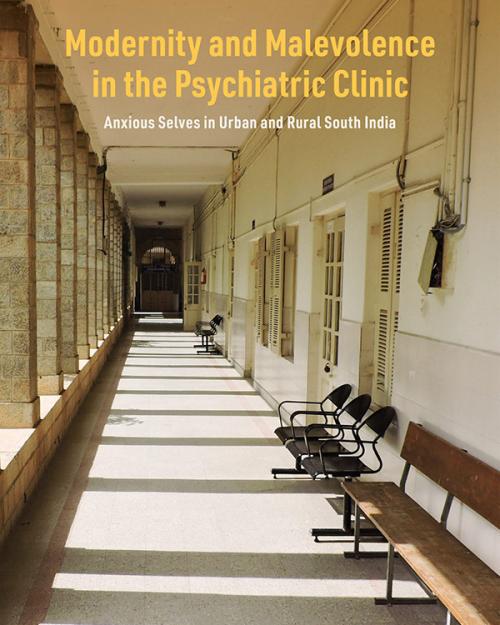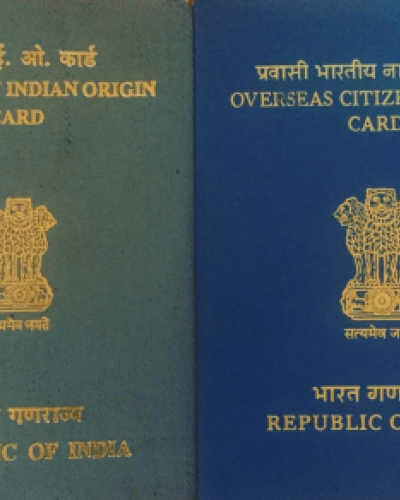This course will be taught in Fall 2020.
How is citizenship both an ideal of formal equality as well as a mechanism for the elaboration of social inequity? Although the concept of citizenship is premised on liberal ideals of enfranchisement, the rise of xenophobic nationalisms globally have revealed the very notion of citizenship to be an exclusionary category of belonging. Introducing students to classic and contemporary theories of citizenship, this course examines both the contradictions in the theoretical underpinnings of citizenship that set up binaries of citizen and non-citizen, as well as the proliferation of documentary regimes that try to identify who is NOT a citizen. Questioning universal conceptualizations of citizenship which foreground the individual as the locus of rights and recognition, we will discuss anthropological approaches to understanding how people struggle for legal recognition and social belonging as members of collectivities. The thematic focus of the course will be borders, though materials will be drawn from other areas as well.
ANTHR 4466/7466 4 credits T 9:10-11:05 (online) Raheja, Natasha required: at least one sociocultural anthropology course. Check out our full list of anthropology courses.





